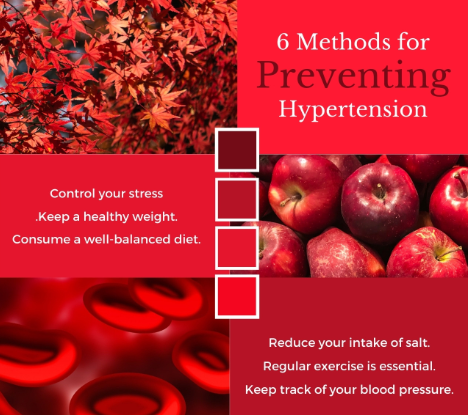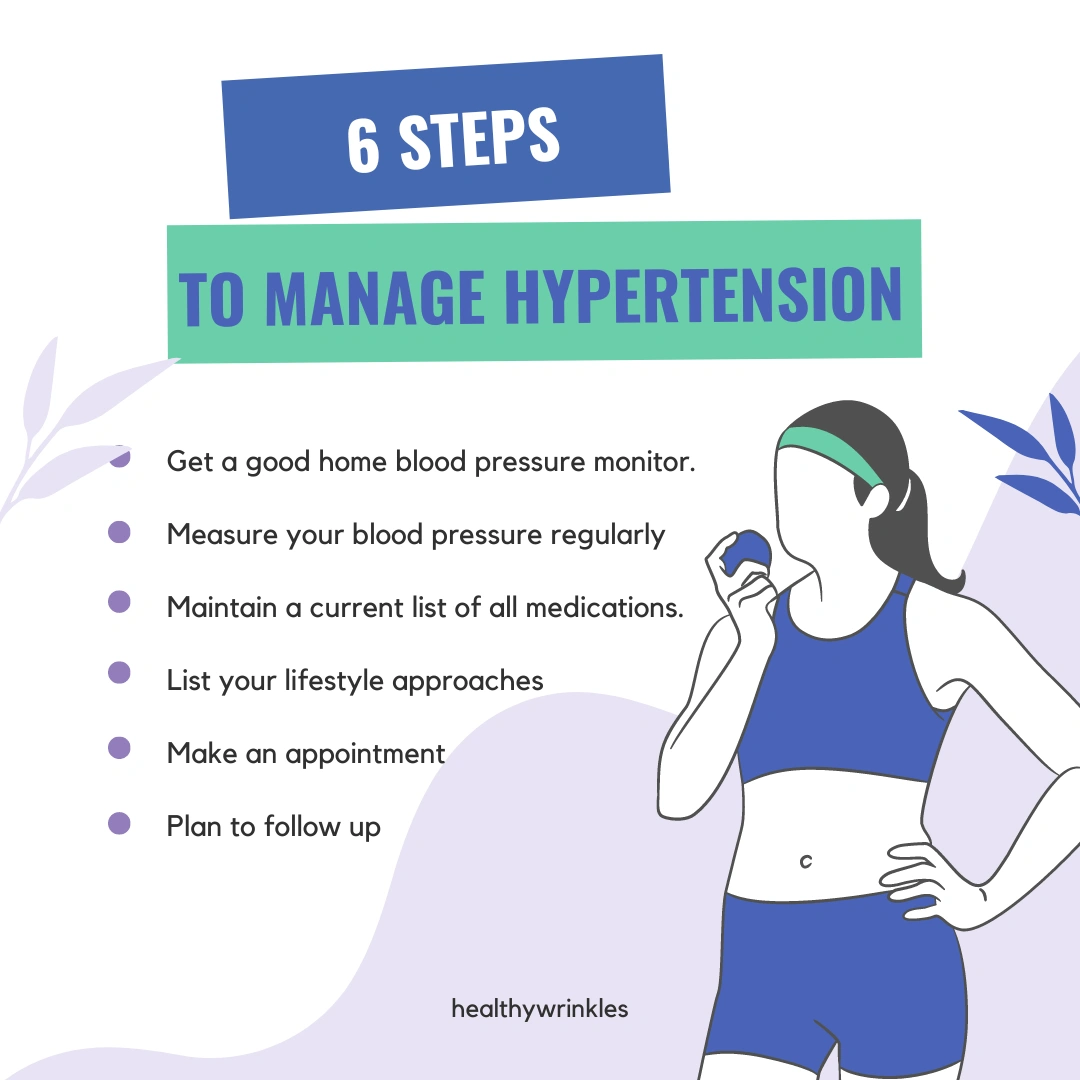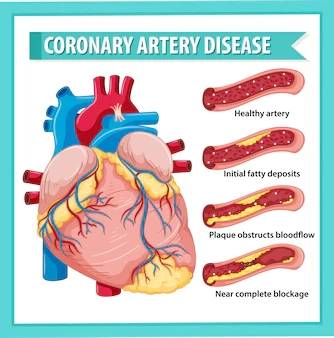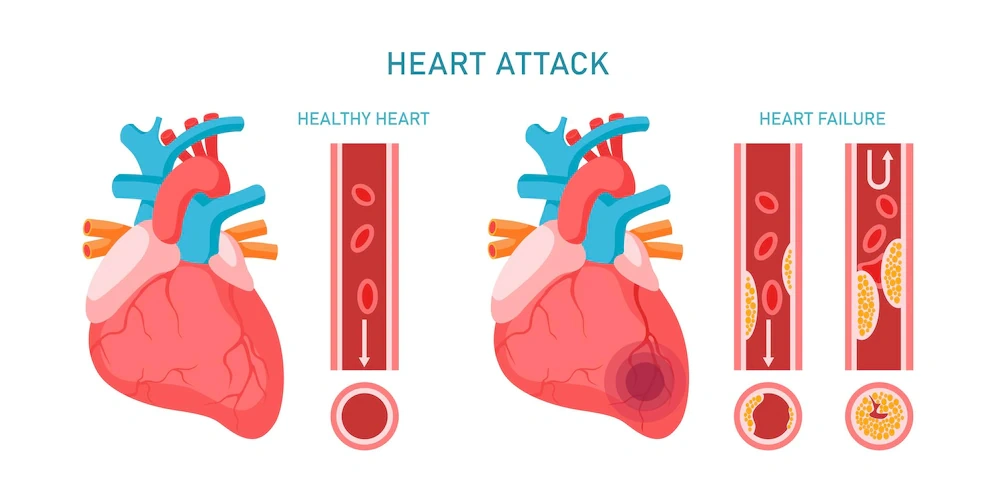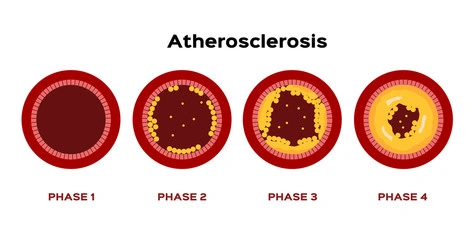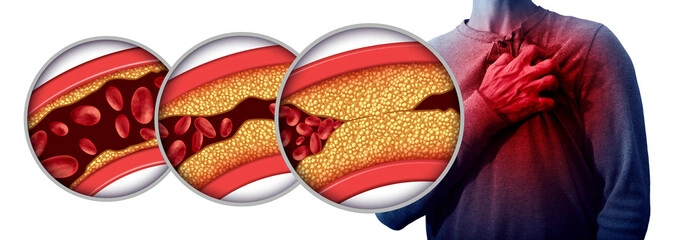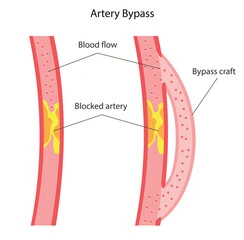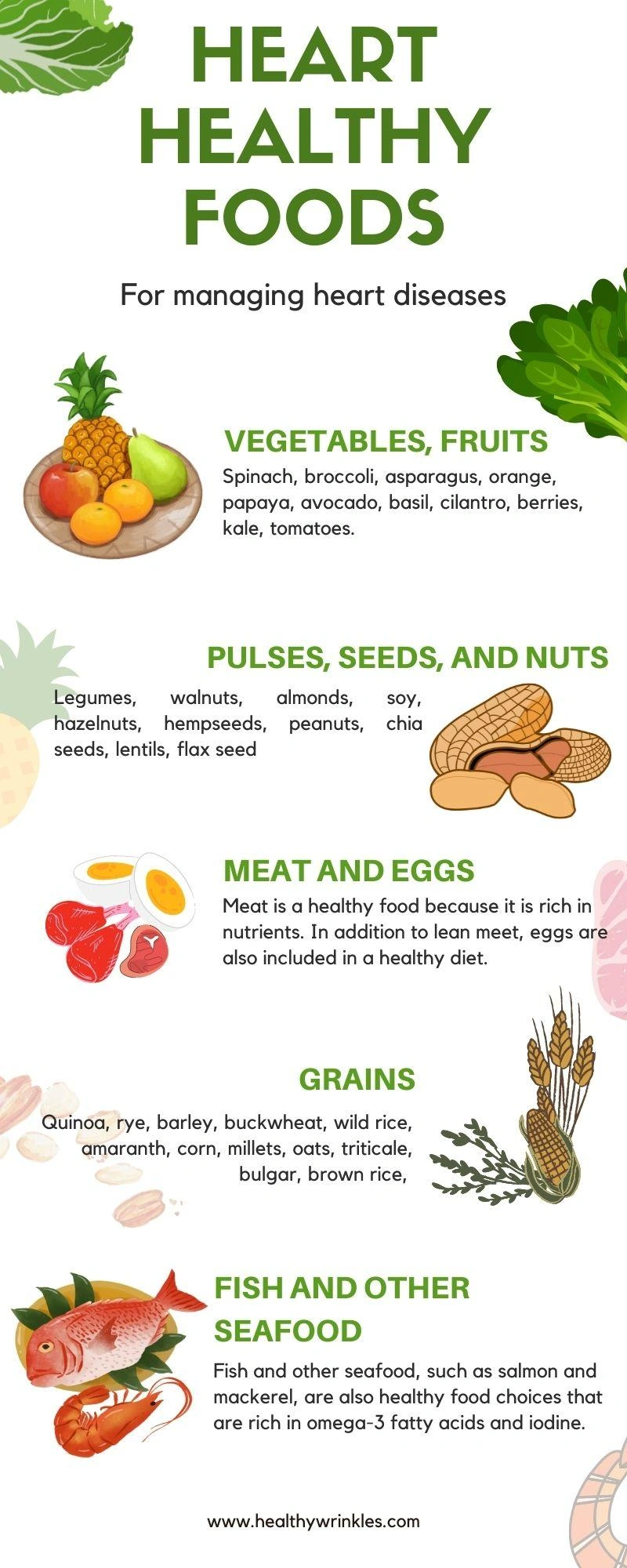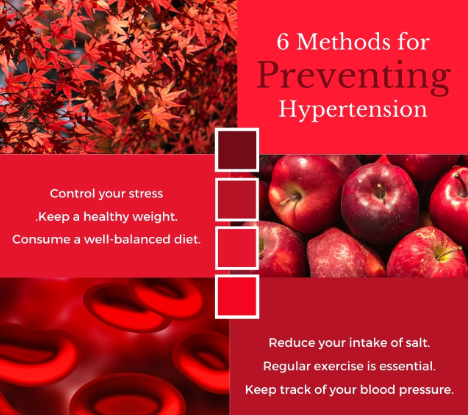Top 6 ways to take care of your elder persons high blood pressure
28-09-24
Heart disease is one of the leading causes of death among the elderly. Failure to control your senior loved one's blood pressure levels may endanger his or her heart health and life. The following strategies can help your parents to treat hypertension and improve their mental, physical, and emotional well-being.
1. Workout
Walking, dancing, weight lifting, yoga, and cycling are all physical activities that help keep the heart healthy in your golden years. A stronger heart pumps more blood with less effort, and less pressure on the arteries can aid in the reduction of blood pressure in seniors. Encourage your parent to exercise at least three times per week and to avoid activities that put too much strain on the heart. Even seniors with mobility or health issues can reap the benefits of exercise, especially with the assistance of trained caregivers.
2. Reduce Sodium Consumption
Sodium-rich foods cause the body to retain water, causing blood pressure to rise. Red meats, tomato sauce, cheese, canned soup, soy sauce, and snacks such as pizza and microwave popcorn should be avoided to treat high blood pressure.
3. Be Stress-Free
If your loved one is angry, sad, or worried, his or her body may produce high-stress hormones like cortisol. Because of the increase in blood pressure, these hormones cause the heart to beat faster. When older people are unable to cope with stress, their blood vessels narrow, and their chances of having a stroke may increase. Your loved one will need to develop stress-management strategies, such as staying mentally active, avoiding emotional triggers, and surrounding himself or herself with a strong support network.
4. Consume Alcohol in Moderation
Alcoholic beverages contain sugar and calories, which can raise blood pressure. Excessive alcohol consumption can lead to significant weight gain, increased body fat, and poor eating habits, all of which are linked to hypertension. Your parent should try to limit his or her alcohol consumption to one or two glasses per day, and red wine should be preferred over beer or liquor.
5. Quit smoking
The nicotine in many tobacco products can cause an increase in heart rate and blood pressure. As a result, the arteries are more likely to narrow and harden, increasing the likelihood of clotting. If your parent does not quit smoking and makes other healthy lifestyle changes to lower blood pressure, his or her heart may work too hard, increasing the risk of a stroke or heart attack.
6. Keep an eye on your blood pressure levels.
One of the most serious issues is being unaware of blood pressure levels, which is why your loved one should have his or her levels checked on a regular basis. Most pharmacies and some grocery stores provide free blood pressure machines, and seniors can purchase tools to check their blood pressure at home.
In addition to the tips mentioned above, your parent should visit the doctor on a regular basis to have his or her blood pressure, cholesterol, and organs checked as frequently as possible, which may reduce the risk of hypertension, heart disease, and other serious health problems.



